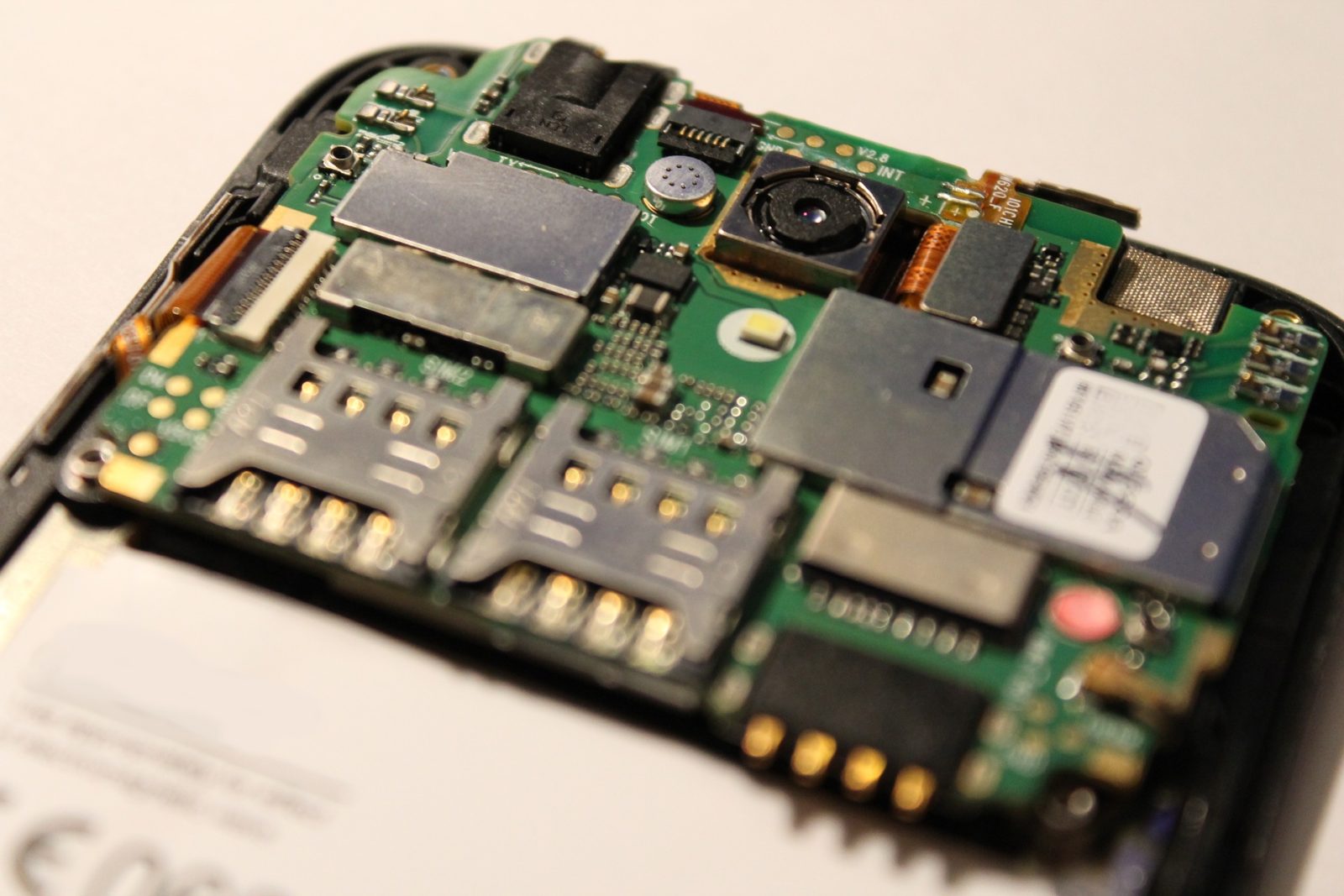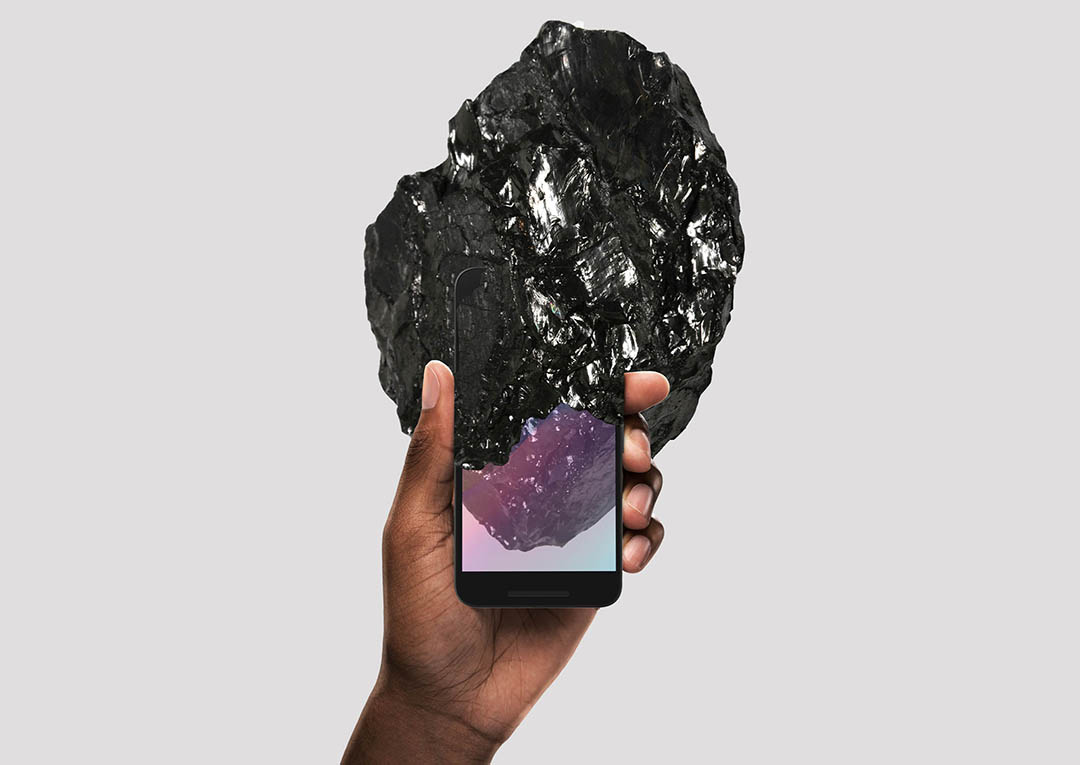Posted 2 Aug

Ethos: The ethics of the iPhone
MOD. hosted its first forums for the Ethos Community of Practice during May, an endeavour that looks at the ethics of technology – in this case the ethics of the iPhone – and fosters a culture of ethical questioning amongst researchers and the public.
These forums used the iPhone (and other smartphones) as a starting point to explore future-focused ethical questions around its impact on social issues, research, and technological development. Participants discussed how these ethical questions could broadly apply to their work and lives. To inform the discussions participants watched a video by Ana Tiquia (MOD. artist-in-residence) and panel discussions between Dr Kristin Alford (Director of MOD.), Assoc Professor Tom Raimondo (UniSA STEM) and Dr Katherine Christ (UniSA Business).

It’s easy to think of slavery as a problem of the past. Katherine explained “there is slavery embedded in this phone. There will be forced labour, most likely debt-bonded labour and child labour”. More broadly, a report by the UK Anti-Slavery Commissioner, consumerism links each of us to 60-70 people who are in slave conditions. Lithium-ion batteries that allow us to use our iPhones all day also require the conflict mineral cobalt.
The panellists said that over 50% of the world’s cobalt comes from from the Democratic Republic of Congo. Records shows that these mines use a large amount of child labour. For example, a 9-year-old forced to work in the cobalt mines after his parents could no longer afford to clothe or feed him. Here he faced well-documented long-term and toxic health impacts. ‘Invisible’ slavery and substandard labour conditions behind smartphones aren’t limited to the minerals sector. Katherine highlighted a case outlining human rights abuses in Apple and Samsung supply chains. A company that manufactured their smartphones paid employees below a living wage, required unpaid overtime, and had supervisors beat employees. The even put nets down the side of the factory to prevent suicides due to these conditions.
Ana talked about the paradox of the iPhone; it includes many precious metals and has a luxury status. Yet we also dispose and update every few years. This is designed obsolescence. Additionally, people experience social pressures to have an up-to-date smartphone. For example, the COVID-safe check-in systems around Australia assume most people have smartphones to facilitate efficient contact tracing. iPhone culture also encompasses psycho-social issues, such as pressure to keep up with the latest models and ‘FOMO’. These factors contribute to a vicious cycle of reliance and obsolescence around the iPhone. This in turn significantly increases waste and can exacerbate mental health issues.
So, who bears responsibility to drive ethical change? Hypothetically, what would happen if a major smartphone company made products sustainably? What if they removed all modern slavery from the supply chain, thereby doubling their costs compared to competitors? Would individual consumers – with personal economic pressures – choose the ethical company if it meant paying twice the price? How can they if they don’t often have access to information on complex supply chains? Can governments effectively regulate for these changes ? How do they do this when multinationals operate across many countries with varied laws and cultural expectations? Perhaps it is simply incumbent on the company to absorb the cost and take a cut to their usually large profits.
Forum participants also delved into the idea of a ‘race to the top’. Companies compete with each other by making incremental ethical changes in response to societal pressures around transparency and corporate social responsibility.
How then can workers use professional skills and talent for good? Participants emphasised that many graduates face the challenge of aligning their ethics with limited job opportunities. For example, many software designers in UI and UX find themselves working for large social media companies, designing smartphone interfaces to keep people looking at that app for longer. However, these opportunities may not be as limiting as they first appear. For instance, people with these skills could design online shopping tags that can show consumers which products are sustainably or ethically sourced.
Forum participants then explored other scenarios, such as when workers in tech companies use their unique influence, brought about by in-demand specialist skills, to push for ethical change from within companies. Alternatively, they could also preferentially choose to use their talent for companies that promote ethical practises.
The Ethos Community of Practice is made possible with funding through the Deputy Vice-Chancellor of Research and Enterprise. The next Ethos forum investigated the ethics of the plant-based milks! We hold Ethos events regularly at MOD. Check out our events page for more details!
Samuel Wearne was the rapporteur for this forum and is a moderator at MOD.